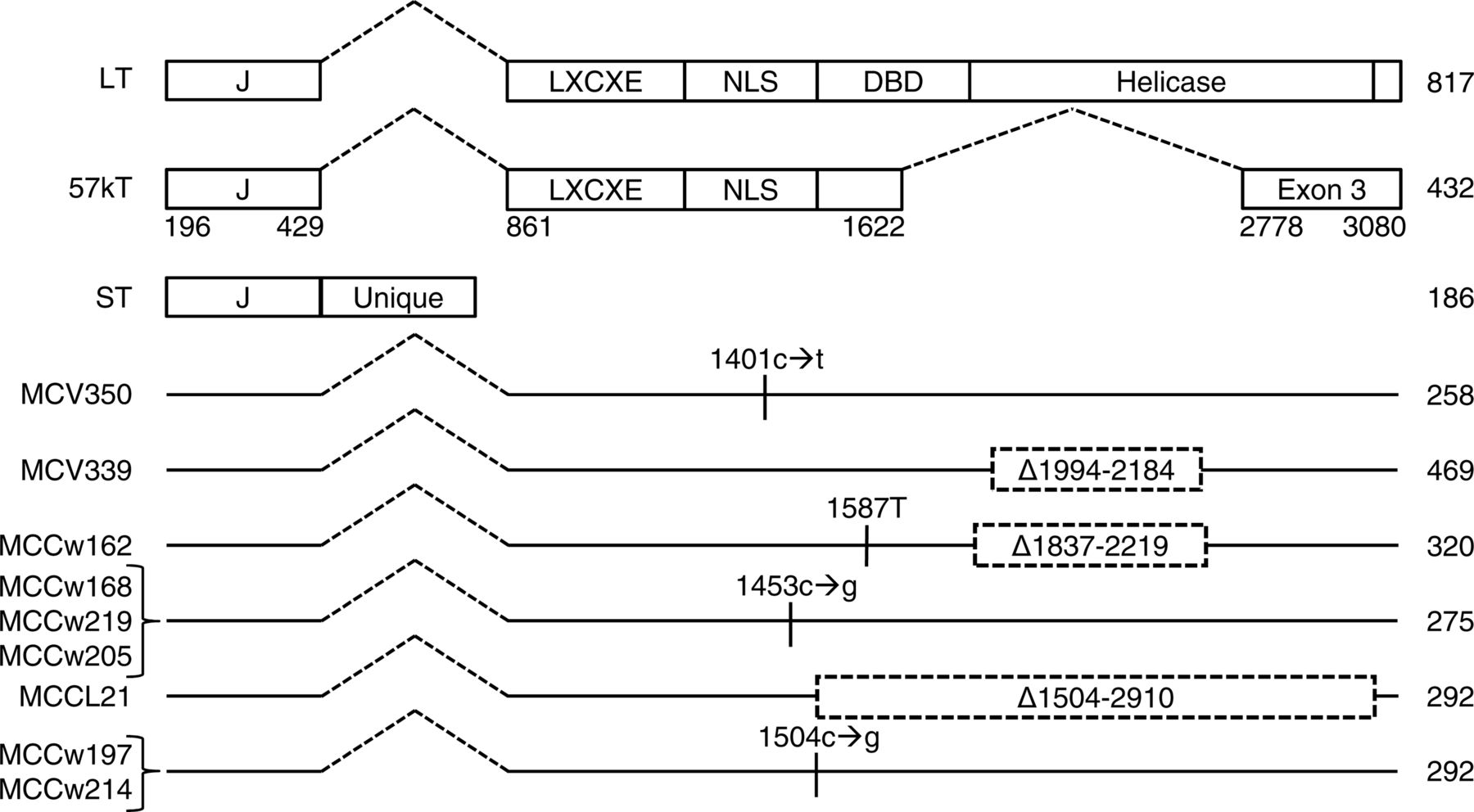The DeCaprio Lab at Dana-Farber Cancer Institute researches how the oncogenic Large and Small T Antigens of Merkel Cell Polyomavirus contribute to Merkel Cell Carcinoma (MCC), a rare skin cancer. Specifically, my project aims to investigate the role of the SuperT antigen and whether it enhances proliferation. Little research has been done on the SuperT antigen in MCC, which consists of two LXCXE motif binding sites and have been found present in polyomaviruses. In contrast, truncated Large T antigen has only one LXCXE motif. It is known that Large T binds to RB, a dominant tumor suppressor in MCC, to deactivate its suppressor function and thus promoting proliferation. My project seeks to determine whether SuperT also binds to RB given its LXCXE motif binding sites. If so, I will investigate whether SuperT also enhances proliferation as observed with Large T. The image shows the LXCXE motif binding site between the RB protein and Large T antigen.
To complete this project, there are many techniques I need to learn including Gibson Assembly, software like SnapGene, immunoprecipitation, and transfections. In order to tackle this research problem, I will first clone SuperT in suitable vectors, then I will use the plasmids to purify proteins of SuperT to use for interactions with RB. The projected impact of my research is understanding the role SuperT antigen plays in Merkel Cell Carcinoma, hoping to contribute towards the development of potential treatments for this aggressive skin cancer.




